Hartmann Group
The Hartmann group . . .
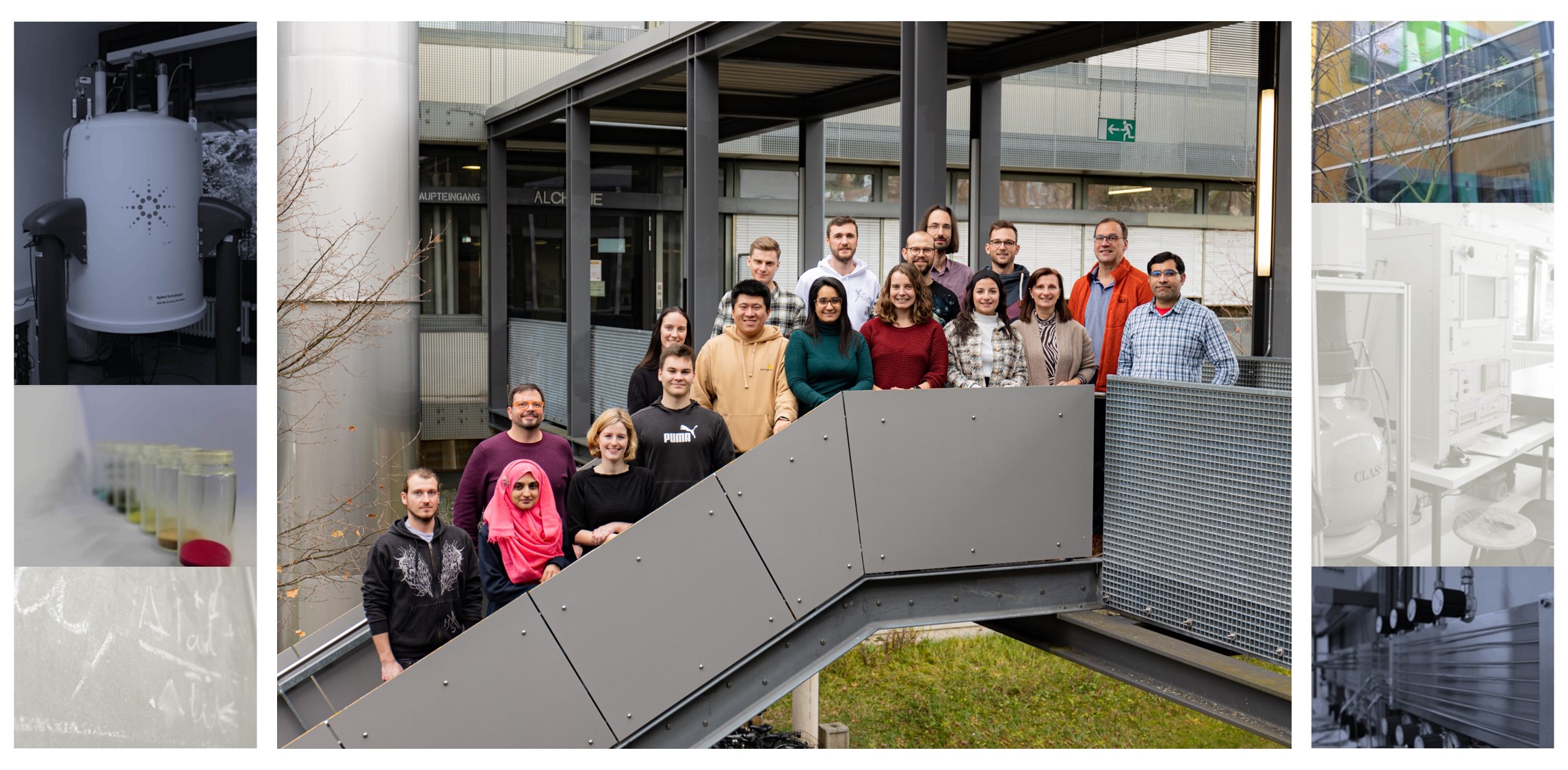
News
The solid-state NMR group at ECRC is part of the new Collaborative Research Center 1719 “ChemPrint”
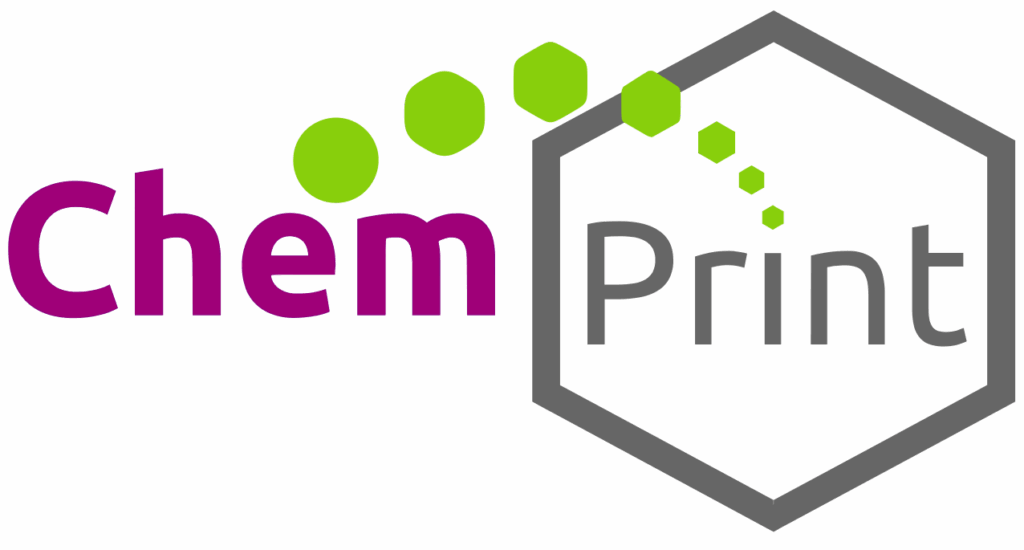
The German Research Foundation has announced the funding of the new Collaborative Research Center 1719 “ChemPrint – Next generation printed semiconductors. Atomic-level engineering via molecular surface chemistry”. In ChemPrint, scientists at FAU will investigate how the production and quality of semiconductor materials can be improved by tailored synthesis and deposition processes. These materials are used in solar cells, computers and cell phones.
The solid-state NMR group lead by Dr. Dorothea Wisser contributes to ChemPrint. Using solid-state NMR spectroscopy, we want to better understand the formation mechanisms of new semiconductor materials and investigate the influence of light irradiation on the chemical structure of these materials.
Dr. Florian Wisser awarded with ‘Prix Jeune Chercheur – Jeune Chercheuse’ by the ‘Société Chimique de France’
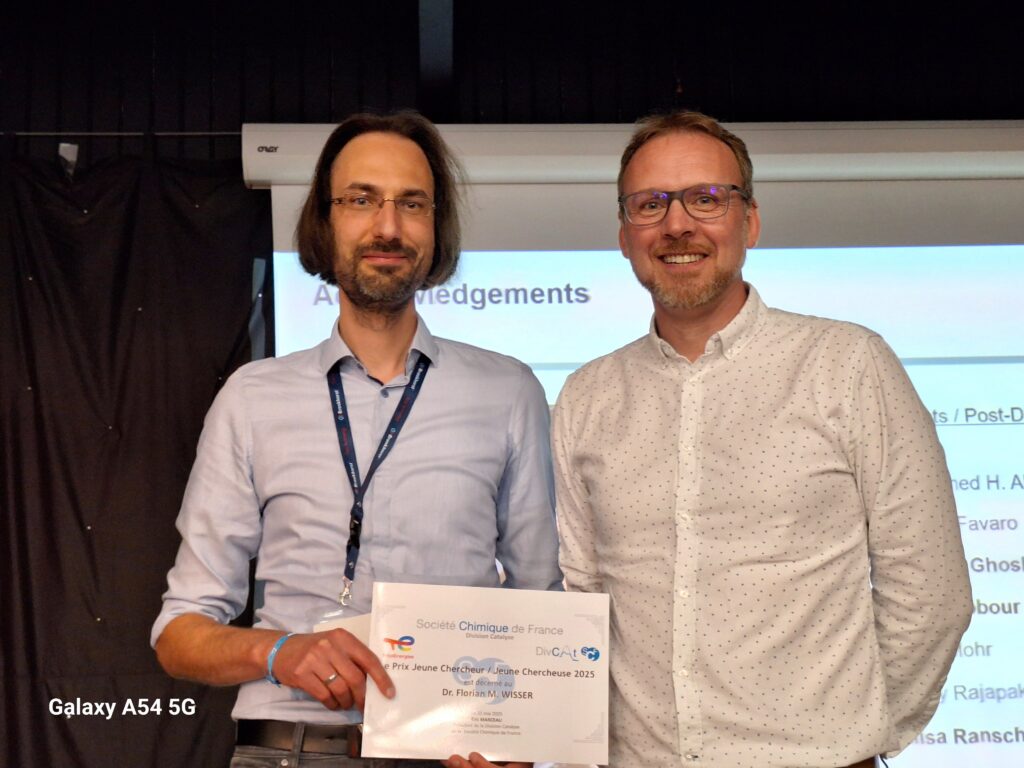
Young Researcher Award for Florian Wisser
The Catalysis Division (DivCat) of the Société Chimique de France (SCF) awards the Prix Jeune Chercheur – Jeune Chercheuse to a young researcher who has made a major scientific contribution to the research field of catalysis. This year, the prize was awarded jointly to Dr. Kim Larmier (IFPEN) for his work on the transformation mechanisms of sugars and their derivatives over acidic catalysts, and to Dr. Florian M. Wisser (ECRC) for his work on the concept of porous macroligands and its remarkable impact to the heterogeneous catalysis in particularly in the field of photocatalysis.
Topping out ceremony for technical chemistry – high-tech for research and teaching
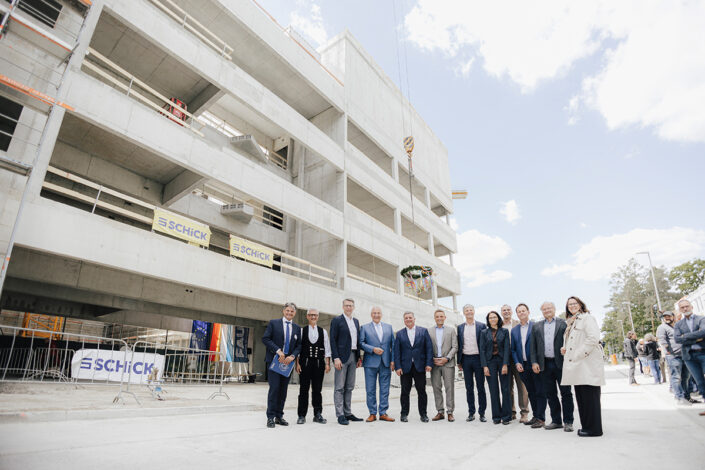
Modern building for science
The new Technical Chemistry building offers future-oriented infrastructure for the Chair of Chemical Reaction Engineering (CRT), the Chair of Separation Science and Technology (TVT) and the Erlangen Center for Interface Research and Catalysis (ECRC). Around 5,500 square meters of research and teaching space will be created to meet the specific requirements of the three institutions.
FAU Center becomes Core Facility – almost one million euros in funding from the DFG
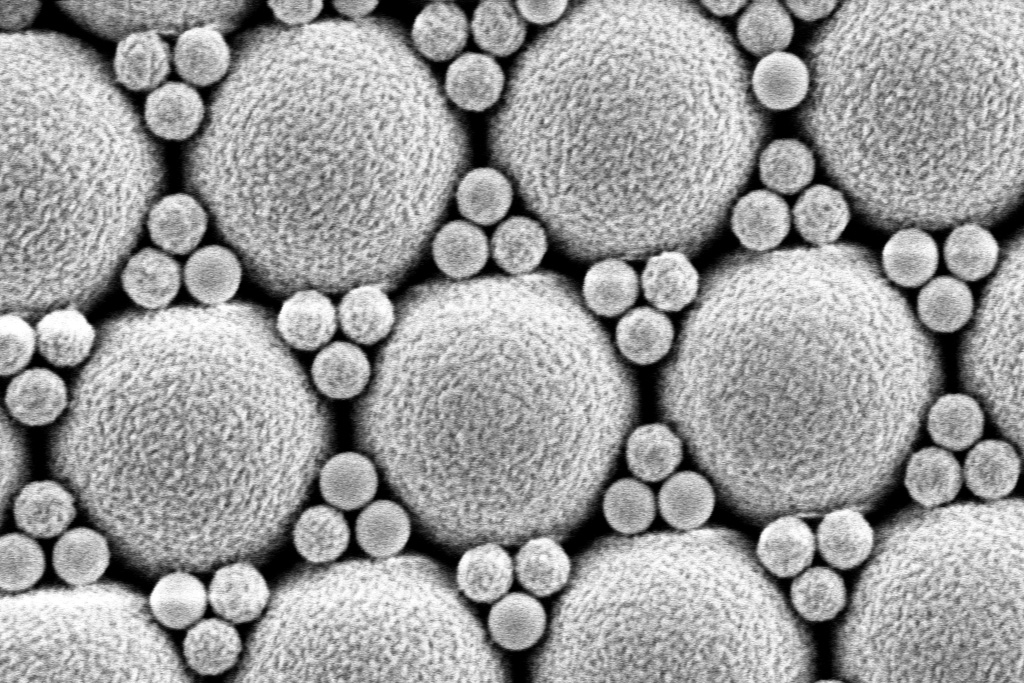
Hub for particle research
The Erlangen Center for Functional Particle Systems (FPS) is being expanded into a core facility. In future, researchers from other scientific institutions will also be able to make greater use of the center’s unique expertise and technical equipment. This will make the FPS, which is based at Friedrich-Alexander-Universität Erlangen-Nürnberg (FAU), a technology platform and hub for national and international particle research. The German Research Foundation (DFG) is funding the project with almost one million euros.
Martin Hartmann honored with Klaus-Unger-Preis
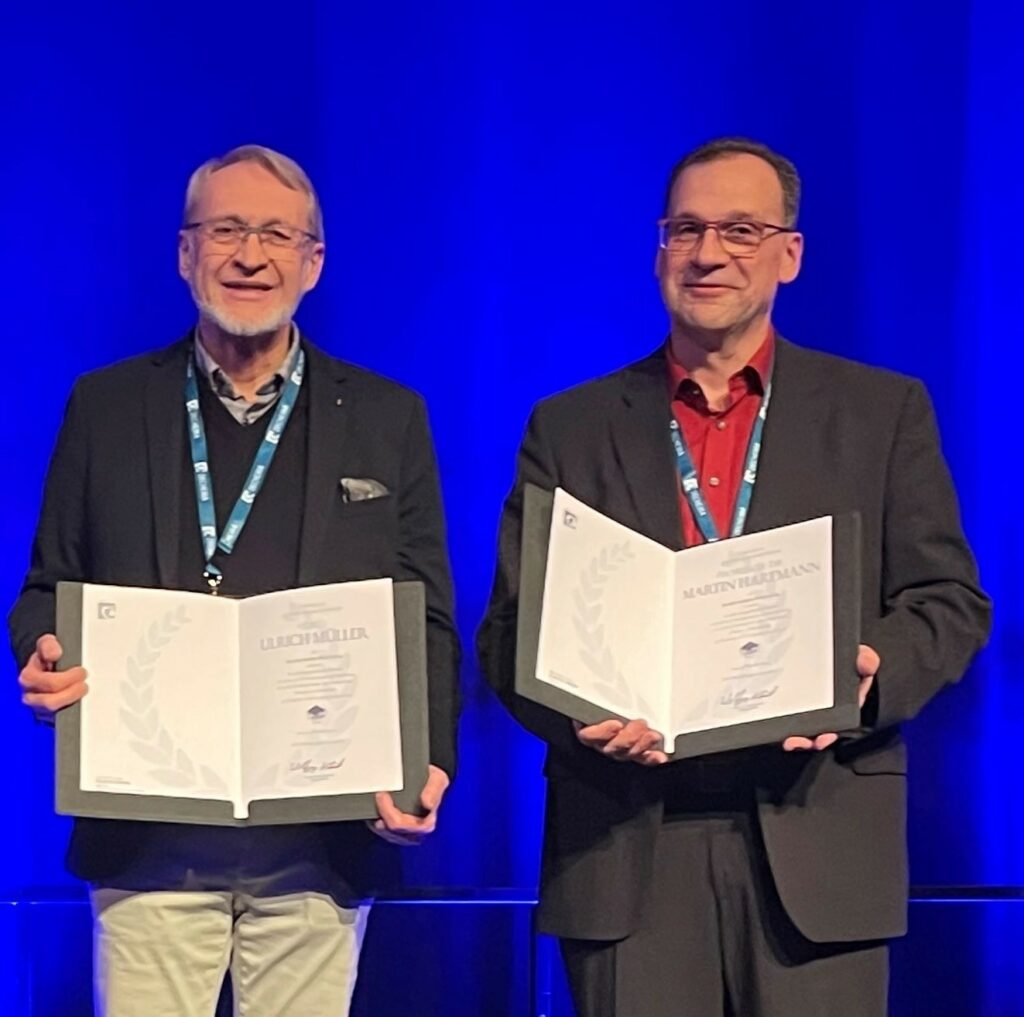
At the 35th German Zeolite Conference, the Klaus-Unger Prize was awarded for the first time to outstanding personalities who have made an outstanding contribution to research on porous materials for the community. Prof. Dr. Martin Hartmann, Erlangen Center for Interface Research and Catalysis (ECRC), together with Dr. Ulrich Müller, formerly of BASF SE, were delighted to receive prize money of 2,000 euros, which is intended to promote young scientists.
Groundbreaking ceremony for the new Technical Chemistry building and inauguration of new lecture halls
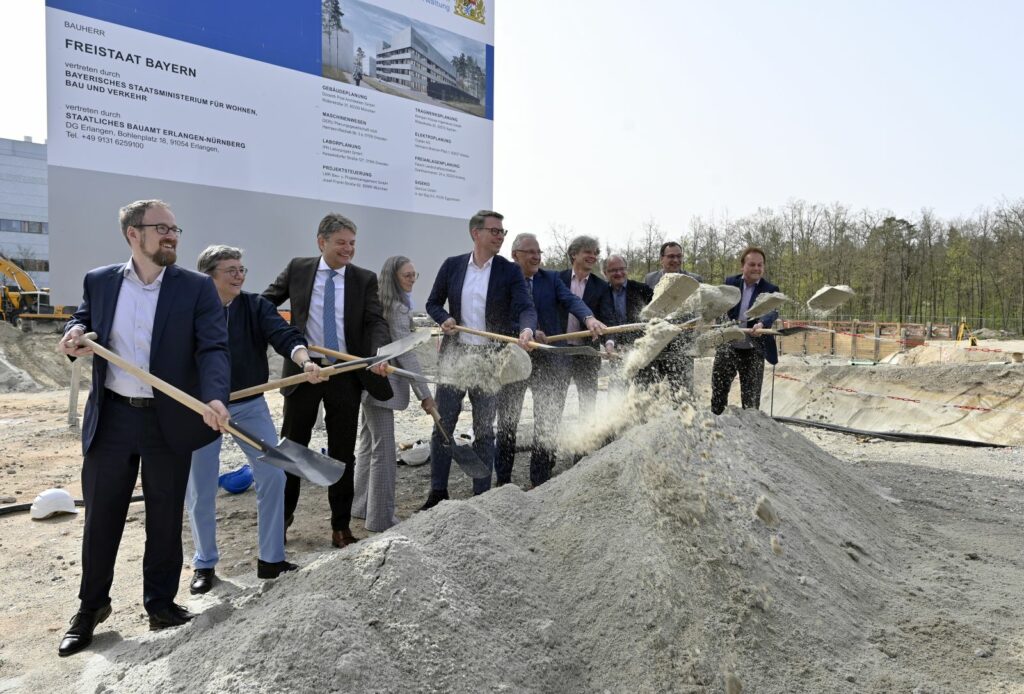
We had two reasons to celebrate on April 8 – the ground-breaking ceremony for the new Technical Chemistry building and the inauguration of two lecture halls on the FAU Campus Erlangen Süd. The Bavarian Minister of Science Markus Blume and his cabinet colleague, the Bavarian Minister of the Interior Joachim Herrmann, came to Erlangen especially for this event.